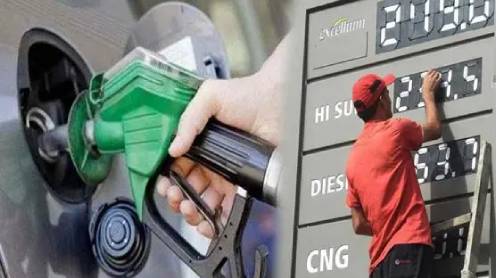BHP (ASX, LON, NYSE: BHP) is fine-tuning details of a revamped strategy to reduce the company’s operational emissions and its use of diesel, which will set concrete targets to be reached by 2030, chief executive Mike Henry said on Thursday. The “very tangible actions” to be announced on September 10, are part of the world’s largest miner’s broader commitment to become carbon-neutral by 2050.
Henry told shareholders he would also announce concrete steps towards reducing the company’s Scope 3 emissions (those generated by end-users), an important consideration given BHP is the top exporter of coking coal used in steelmaking and number three in iron ore, the raw material for steel.
The highly polluting process of making steel involves adding coking coal to iron ore to make the alloy, and is responsible for up to 9% of global greenhouse emissions.
Henry noted that some of the projects that will help the company cut emissions will be funded through a $400 million climate investment program announced in 2019.
Henry also highlighted some of the steps the company has already taken to become a “greener” company. Those include carbon capture and storage and other innovations such as direct air capture.
BHP announced four power agreements last year aimed at running its Chilean operations, including the Spence plant, and Escondida, the world’s largest copper mine, entirely on renewable power.
The Melbourne, Australia-based giant is also aiming to eliminate the use of water from aquifers in Chile by 2030.
Spence, a desalination water plant with a capacity of 1,000 litres per second, was expected to support a $2.5 billion expansion. The project, originally slated to be completed by the end of this year, was recently deferred until early 2021 due to effects of the coronavirus pandemic, BHP said in April.
At Escondida, a second desalination plant was commissioned in 2017 with a maximum capacity of 2,500 litres per second. Additional upgrades, plus the connection of the original desalination plant to this conveyance system will further increase total capacity.
Chile’s environmental watchdog said in July it would charge Escondida with drawing more water than its permits allowed for nearly 15 years.
Moving away from coal
BHP will also update in September its portfolio assessment, taking into account Paris agreement goals, Henry said. The miner said in June that it would sell or demerge some of its coal mines, including the Mount Arthur thermal coal mine in Australia.
Related: Bullish EIA Inventory Report Pushes Oil Prices Higher
Executive remuneration will also include an element tied to climate change actions, the executive said.
BHP’s Australian annual general meeting takes place on October 14, and its London AGM on October 15.





